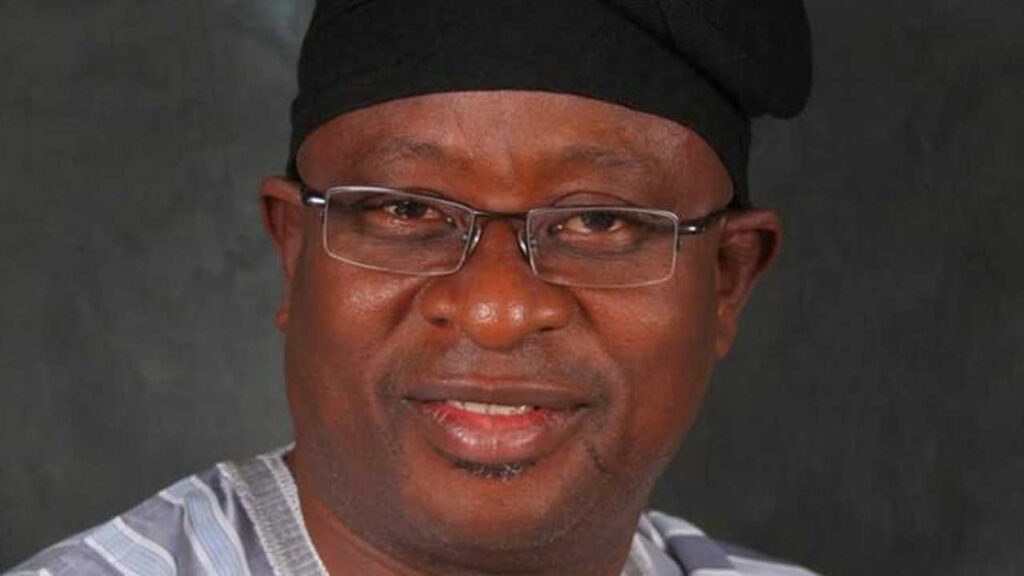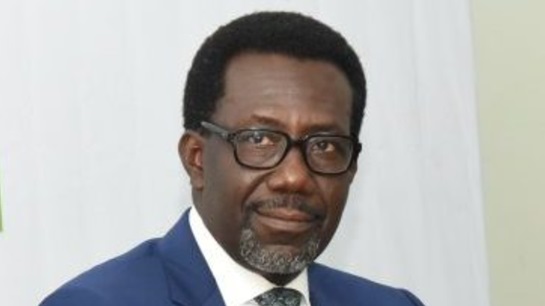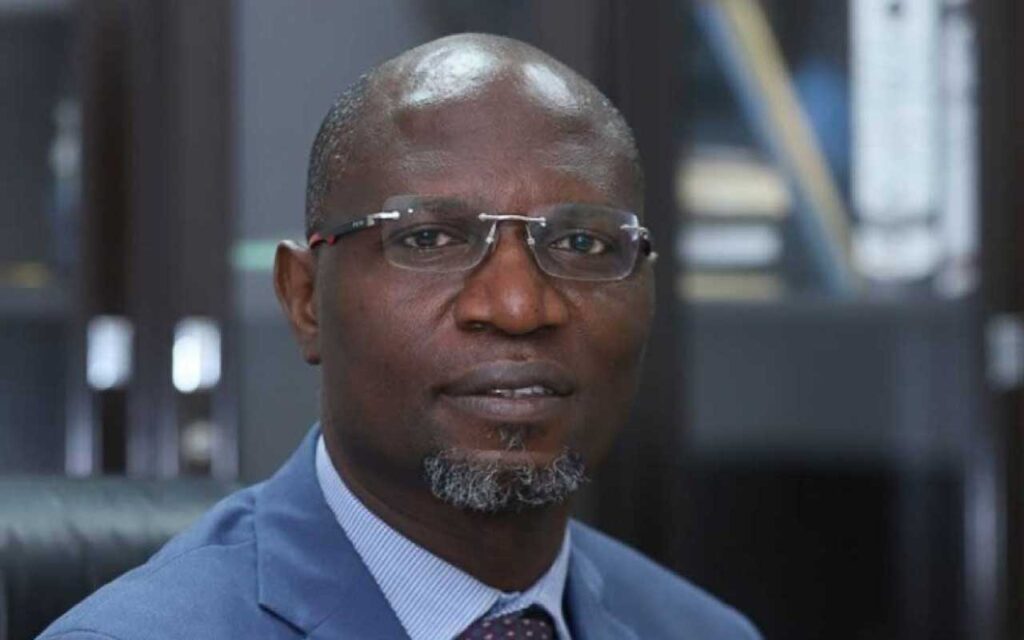
The Nigerian Electricity Regulatory Commission (NERC) has said that scrapping electricity fixed charges may impact negatively on the market participants who have invested a lot and are continuously making investments in the industry.
In a statement on Wednesday, NERC described electricity fixed charge as a universal practice, which enables operators to recover the capital and fixed cost.
NERC’s Chairman, Dr. Sam Amadi stated that the fixed charge is not tied to consumption, as such, NERC cannot wake up in the morning and say, we have abolished this.
We will always go through due process and even before the intervention, we have commenced the process’’. According to him, Senate’s concern is not far-fetched. “Senate is just worried that people are paying for what they did not consume”, while he maintained that the fixed charge that consumers pay is not an illegal. “Section 32 of the EPSR Act 2005 mandates the Commission to approve a tariff that allows investors recover their prudent cost with reasonable return on the assets on a regular basis and recover their investments through the fixed charge paid by the consumers,” Amadi stated. T
he commission has asked the distribution companies to find a way to restructure the fixed charge such that no one would be made to pay for electricity not consumed. “This remodelling of the fixed charge will be part of the on-going tariff review process being conducted by the distribution companies,’’ Amadi said.
As for bulk metering of customers, the commission agree with the Senate on the need to eliminate the practice, preferring that electricity consumers should be metered individually and declared that customers have the right to reject community bulk metering. “Communities who are placed on bulk billing should reject it and insist on individual metering’’ Amadi declared.
Amadi who expressed believe in the importance of the oversight function of the National Assembly, pointed out that the Commission has maintained its place as the first public agency in Nigeria to openly pledge to the Freedom of Information Law. “This is why we continue to avail the National Assembly of all necessary co-operations in its oversight functions’’.
The commission helmsman affirmed NERC’s understanding of the place of customers in the Nigeria electricity supply industry as the agency performs its function of encouraging distribution companies on consumer protection, adding that “the Regulation on customer complaints handling standards and procedures covers that aspect”.
He revealed that “this regulation stipulates that every distribution company should establish functional customer complaints units to receive and resolve all grievances on electricity supply within their area of operation.
A timeline of 15 days is specified for this’’. He further revealed that the commission monitors the complaints to distribution companies on a monthly basis. This includes establishment of the NERC Forum Offices to make effective complaint management mechanism.
Representations at the Forum comprise stakeholders from Manufacturing Association of Nigeria, Consumer Protection Council, Nigerian Society of Engineers and the Civil Society Organisations.











